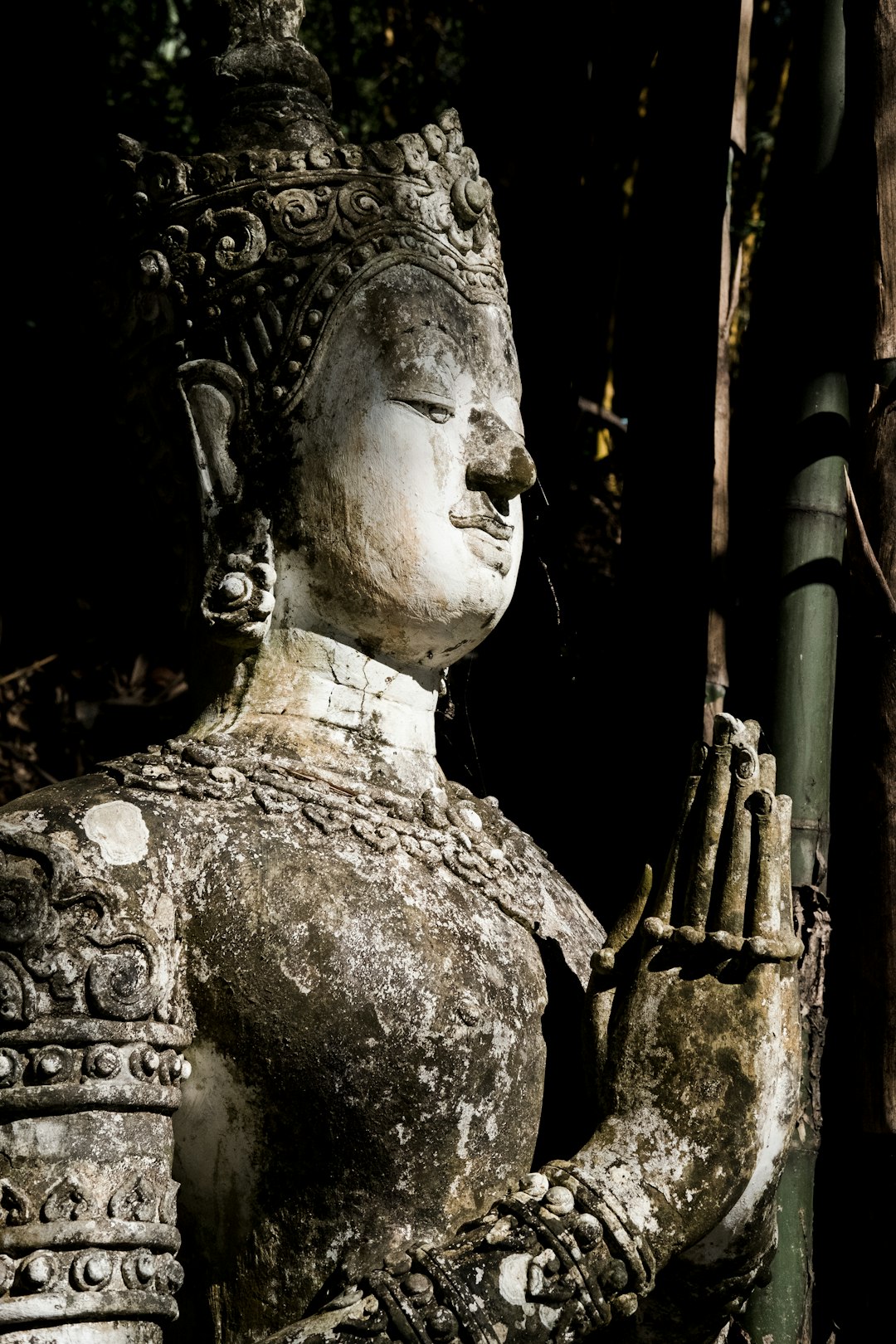Across various religions and belief systems, the concept of Heaven and Hell holds significant importance. These ideas often serve as a moral compass for adherents, guiding them towards virtuous behavior in hopes of attaining a blissful afterlife or avoiding eternal damnation. Let us explore how different religions and cultures envision Heaven and Hell, and the impact these beliefs have on individuals’ lives.
In Christianity, Heaven is portrayed as a place of eternal joy and communion with God. It is described as a paradise where believers will be reunited with their loved ones and live in a state of eternal peace and happiness. On the other hand, Hell is depicted as a realm of eternal suffering and separation from God. It is often likened to a lake of fire where sinners are punished for their transgressions.
The concept of Heaven and Hell in Christianity serves as a powerful incentive for believers to adhere to the teachings of the faith and lead a righteous life. The promise of eternal reward in Heaven motivates individuals to strive for good deeds and avoid sinful behavior. Similarly, the fear of eternal damnation in Hell acts as a deterrent against immoral actions.
In Islam, Heaven is known as Jannah, a place of perfect bliss and contentment. It is described as a garden filled with rivers of milk, honey, and wine, where believers will be surrounded by beauty and luxury. In contrast, Hell, known as Jahannam, is depicted as a place of torment and punishment. Sinners are subjected to intense suffering and eternal damnation for their transgressions.
The concept of Heaven and Hell in Islam plays a crucial role in shaping the moral behavior of adherents. Believers are encouraged to follow the teachings of the Quran and the Hadith in order to attain paradise in the afterlife. The fear of punishment in Hell serves as a powerful motivator for individuals to avoid sinful behavior and seek forgiveness for their transgressions.
In Hinduism, the concept of Heaven and Hell is more fluid and complex. The belief in reincarnation plays a significant role in shaping the Hindu understanding of the afterlife. According to Hindu teachings, individuals are reincarnated based on their actions in previous lives. The ultimate goal is to achieve Moksha, or liberation from the cycle of rebirth, and attain union with the divine.
In Hinduism, Heaven and Hell are temporary states of existence rather than permanent destinations. Believers may experience periods of happiness or suffering in various realms before being reincarnated. The concept of Karma, or the law of cause and effect, influences the believer’s journey through the afterlife and their eventual attainment of Moksha.
The concept of Heaven and Hell in Hinduism serves as a reminder of the importance of living a virtuous life and following the principles of Dharma. By adhering to their duties and responsibilities, believers can accumulate positive karma and move closer to achieving spiritual liberation. The fear of negative consequences in the afterlife motivates individuals to act with integrity and compassion towards others.
In Buddhism, the concept of Heaven and Hell is less emphasized compared to other religions. The focus is more on achieving inner peace and enlightenment through mindfulness and meditation. The idea of rebirth plays a central role in Buddhist teachings, with individuals being reincarnated based on their karma and actions in previous lives.
Heaven and Hell are seen as states of existence within the cycle of rebirth rather than permanent destinations. Believers may experience moments of happiness or suffering in various realms before being reborn. The goal of Buddhism is to attain Nirvana, a state of enlightenment and liberation from the cycle of rebirth.
While the concept of Heaven and Hell may vary across different religions and belief systems, it serves as a powerful tool for guiding moral behavior and inspiring individuals to lead virtuous lives. The promise of eternal reward or the fear of eternal punishment in the afterlife motivates believers to adhere to the teachings of their faith and strive for spiritual growth.
Examining the concept of Heaven and Hell in different religions provides a fascinating insight into how these beliefs shape individuals’ lives and moral decisions. Whether it be the promise of paradise in Christianity, the fear of punishment in Islam, or the pursuit of spiritual liberation in Hinduism and Buddhism, the afterlife plays a significant role in shaping human behavior and morality. As we navigate the complexities of life and strive for personal growth, the concept of Heaven and Hell serves as a powerful reminder of the importance of leading a virtuous and ethical existence.

